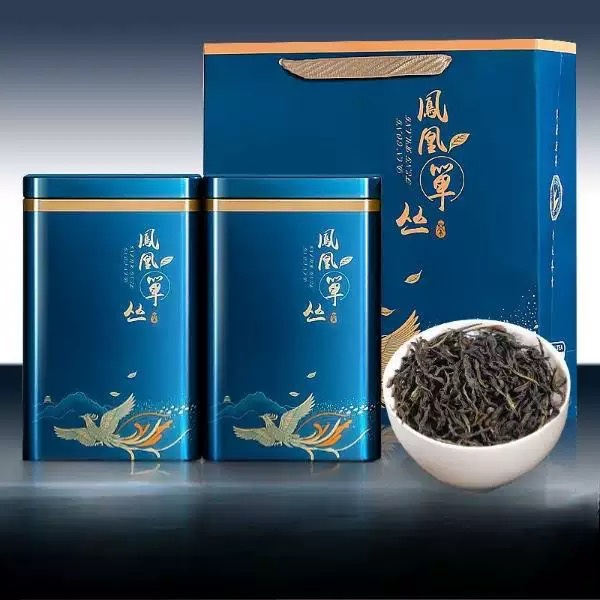
Keyword: Oolong Tea and Metabolism
# Oolong Tea’s Impact on Metabolic Rate and Fat Oxidation
## Introduction
Oolong tea, a traditional Chinese tea, has gained popularity worldwide not only for its unique flavor but also for its potential health benefits. Among these benefits, its impact on metabolism and fat oxidation has attracted significant attention from researchers and health enthusiasts alike.
## Understanding Oolong Tea
Oolong tea is a partially oxidized tea that falls somewhere between green tea (unoxidized) and black tea (fully oxidized) in terms of processing and flavor profile. This semi-oxidation process gives oolong tea its distinctive characteristics and may contribute to its metabolic effects.
## How Oolong Tea Affects Metabolism
### 1. Boosting Metabolic Rate
Several studies have shown that oolong tea can increase metabolic rate by:
– Stimulating thermogenesis (heat production in the body)
– Enhancing energy expenditure
– Activating brown adipose tissue
### 2. Enhancing Fat Oxidation
The polyphenols in oolong tea, particularly theaflavins and catechins, appear to:
– Increase fat breakdown (lipolysis)
– Improve fat utilization during exercise
– Reduce fat absorption from the diet
## Scientific Evidence
A 2001 study published in the Journal of Nutrition found that:
“Consumption of oolong tea increased energy expenditure by 2.9% and fat oxidation by 12% compared to water consumption.”
Other research suggests these effects may be due to the combination of caffeine and polyphenols working synergistically in oolong tea.
## Practical Considerations
### Optimal Consumption
For metabolic benefits, consider:
– Drinking 2-3 cups of oolong tea daily
– Consuming it before exercise for enhanced fat burning
– Choosing high-quality, loose-leaf varieties for maximum polyphenol content
### Potential Side Effects
While generally safe, oolong tea contains caffeine which may cause:
– Sleep disturbances in sensitive individuals
– Increased heart rate in some people
– Mild digestive upset when consumed on an empty stomach
## Conclusion
Oolong tea appears to offer modest but measurable benefits for metabolic rate and fat oxidation. While it shouldn’t be viewed as a miracle weight loss solution, incorporating oolong tea into a balanced diet and active lifestyle may provide an additional metabolic boost. As with any dietary change, it’s best to consult with a healthcare professional, especially for individuals with specific health conditions.
